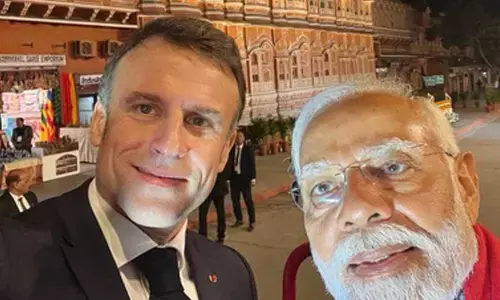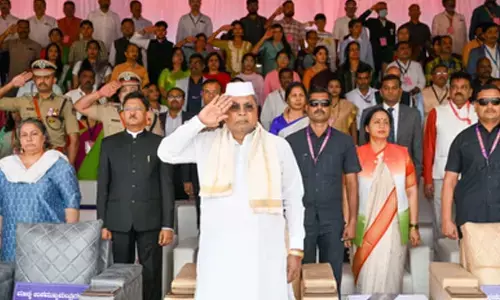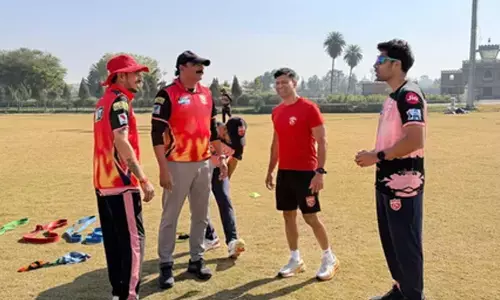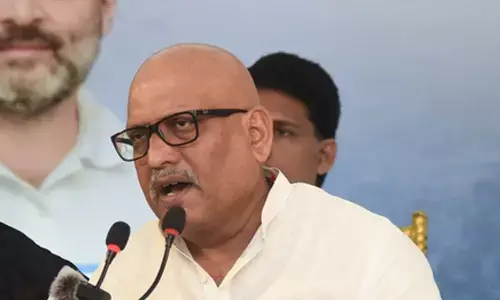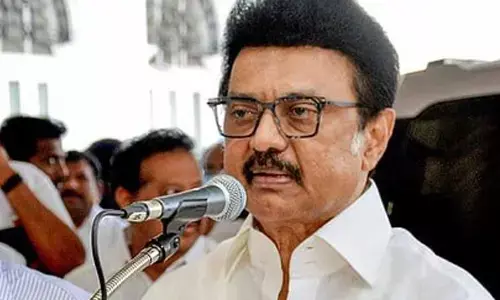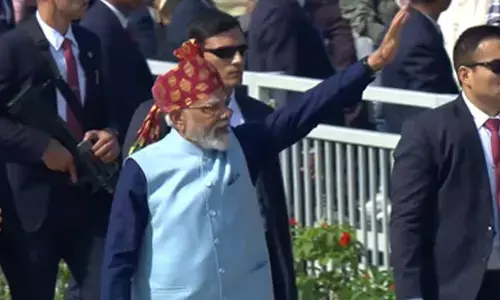Stockholm+50 offers opportunity for course-correction
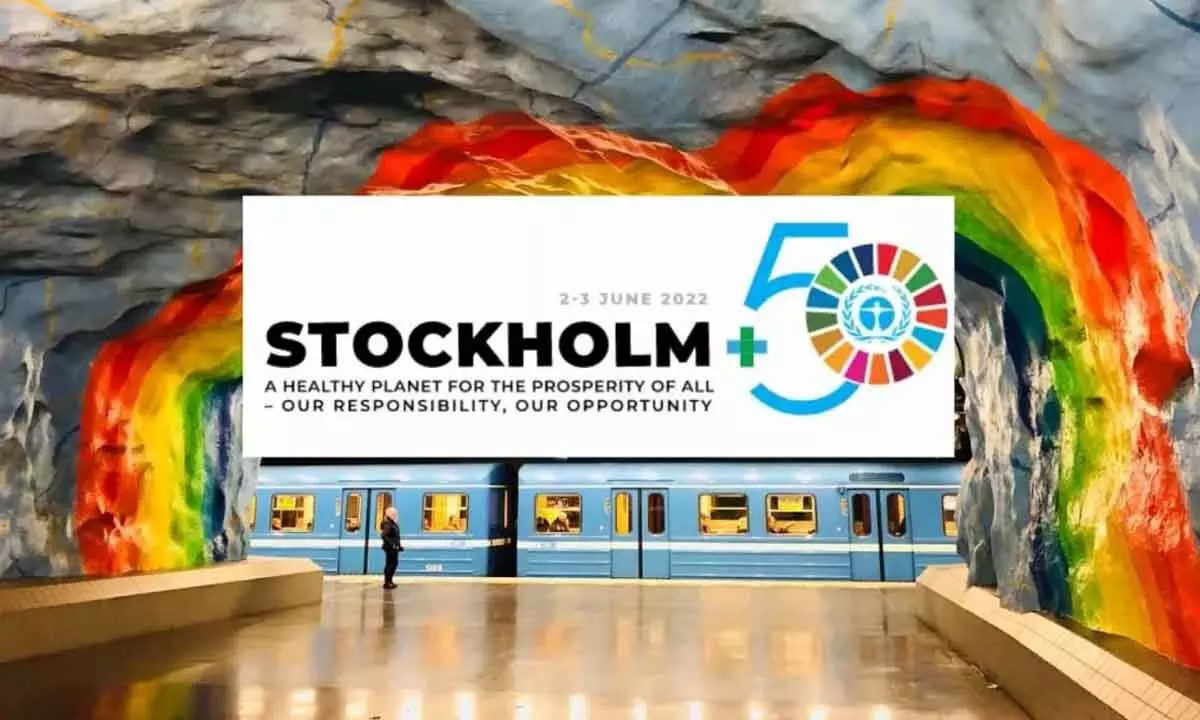
Bhupender Yadav invoked 1972's statement by then Prime Minister Indira Gandhi about poverty at Stockholm, and also said Stockholm+50 offers an opportunity to take transformative actions for course-correction vis-a-vis climate action.
New Delhi: Environment Minister Bhupender Yadav invoked 1972's statement by then Prime Minister Indira Gandhi about poverty at Stockholm, and also said Stockholm+50 offers an opportunity to take transformative actions for course-correction vis-a-vis climate action.
"Stockholm+50, which marks 50 years of the first Stockholm Conference, offers an opportunity for a global stock take of the state of the Earth half a century, with the aim to take transformative actions for course-correction," Yadav said.
"We stand at an inflection point and urgent, collective global action with the spirit of equity is required more than ever before," Yadav said in his blog entry under the title 'Stockholm Diary' posted mid-night India time after his first day at Stockholm.
The 1972 Stockholm Conference had started modern climate diplomacy and led to the creation of the United Nations Environment Programme (UNEP). It yielded the Stockholm Declaration, a set of principles that encourage 'global cooperation to reconcile economic development and environmental management'.
"The principles of the Stockholm Declaration seek to balance the sovereign rights of countries to secure their economic growth and social prosperity with responsibility towards the global commons of humanity such as the atmosphere, oceans, space and common/trans-border resources such as land, minerals and biodiversity," Yadav reminded.
The access to a clean and healthy environment is an integral part of human rights and Right to Life. Environmental issues are global in nature and extensive action by nations is paramount to saving the planet, he said.
Yadav wrote about what he said as India representative at the High-Level Industry Transition Dialogue organised under the aegis of the Leadership Group for Industry Transition (LeadIT Group), co-hosted by Sweden. He also wrote about his participation in a discussion on BRS Conventions for moving towards a life cycle management of chemicals and wastes.
The Basel, Rotterdam and Stockholm (BRS) Conventions are multilateral environmental agreements, which share the common objective of protecting human health and the environment from hazardous chemicals and wastes.
Yadav then attended an Expert Panels on the 'Action agenda for Sustainable Development' organised by the Council on Energy, Environment and Water (CEEW), an Indian think tank.
There Yadav reminded the gathering of India's statement at the UN Conference on the Human Environment in 1972 in Stockholm: "We do not wish to impoverish the environment any further and yet we cannot for a moment forget the grim poverty of large numbers of people."
He, however, did not mention the then Prime Minister Indira Gandhi's name in his blog post.
"I underlined that between 1970 and 2020, a span of 50 years, global population doubled from about 3.7 billion to 7.7 billion. Collectively, humans are using resources and generating waste that needs 1.75 Earths to sustain.
There is no turning away from the fact that the time for climate action is NOW," he added.


